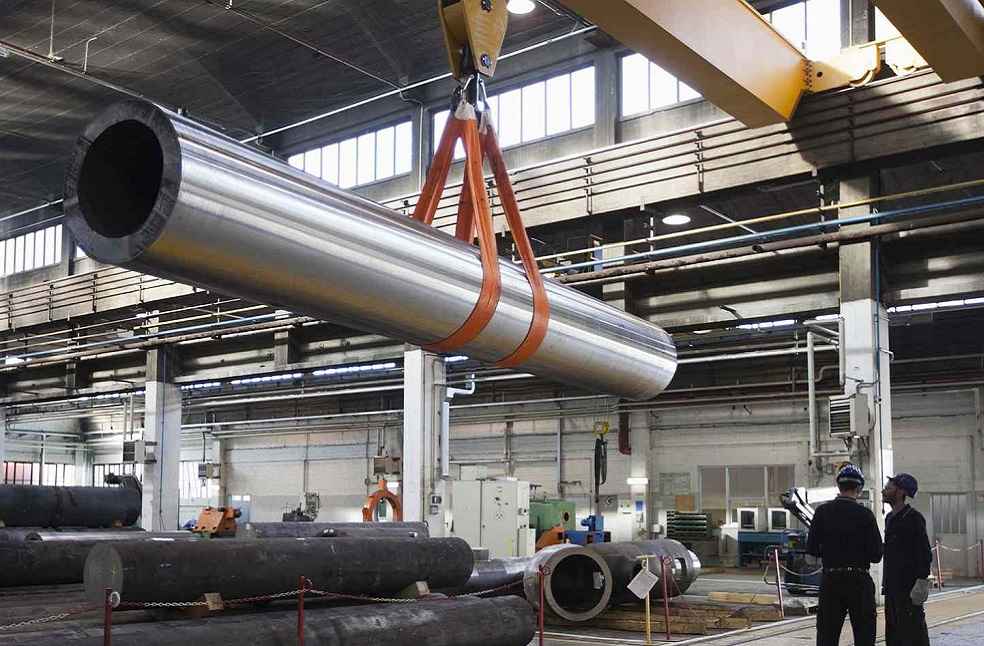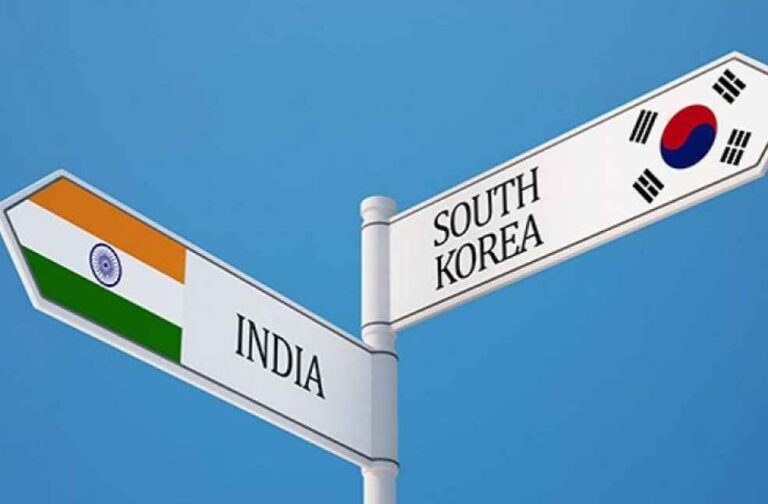By impacting global markets, China’s copper exports have surged and prompting other nations to reevaluate their trade strategies. Concurrently, India and South Korea are advancing negotiations to upgrade their Comprehensive Economic Partnership Agreement (CEPA).
The Indian Department of Commerce, collaborating with ministries such as heavy industries, steel, and chemicals in Korea will craft an offer list integral to the negotiation process. Initiated January 2010, CEPA has undergone ten rounds of discussions, with both sides now focusing on finalizing their offers.
India seeks greater market access for steel, rice, and shrimp to boost exports, addressing concerns over Korean firms’ reluctance to purchase Indian steel. This move is crucial for balancing the trade relationship.

India’s trade deficit with South Korea remains a pressing issue. Exports to Korea dropped to $6.41 billion in 2023-24, down from $6.65 billion the previous year, while imports stayed around $21 billion. According to the Global Trade Research Initiative (GTRI), this deficit has increased significantly post-CEPA.
Prior to CEPA, the average trade deficit was $4 billion, which surged to $12.8 billion after its implementation, a 220 percent increase. This highlights the need for a more balanced trade framework.
Indian exporters face stringent standards, regulations, and certification requirements in South Korea, posing major challenges. Sectors like shrimp, rice, steel, pharmaceuticals, and services require more favorable terms for effective competition. GTRI Founder Ajay Srivastava stresses the necessity of addressing these barriers to enhance market access.

The rules of origin provisions under CEPA, which determine product eligibility for preferential tariffs, need revision to ensure they facilitate rather than hinder trade. India advocates for greater liberalization in the services sector, specifically in healthcare and information technology, and seeks easier access for Indian professionals in South Korea.
Mutual recognition of standards, qualifications, and certifications between India and South Korea is vital for seamless trade and investment flows. Despite tariff concessions granted by India under CEPA, there is a strong call for South Korea to reciprocate, particularly in sectors where Indian products hold competitive advantages.
BUSINESS GENERAL | New Business Council Boosts Dubai-Mexico Trade and Investment Ties



